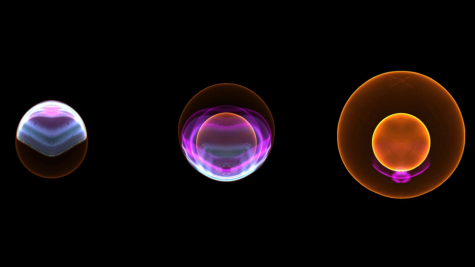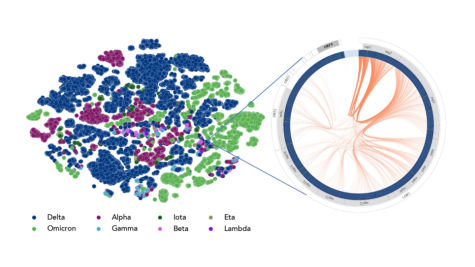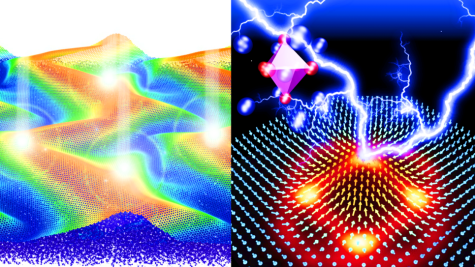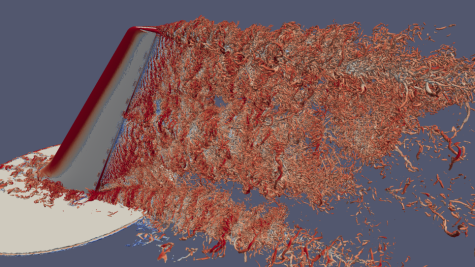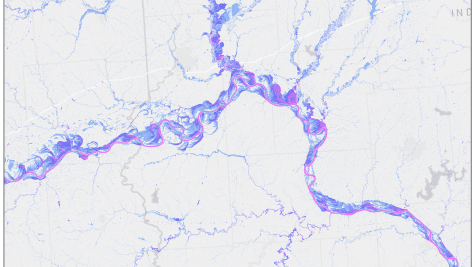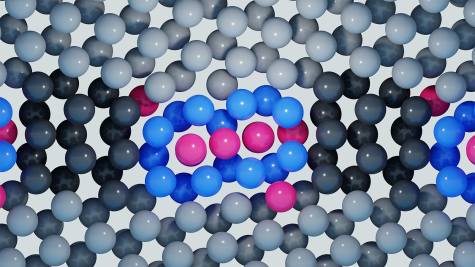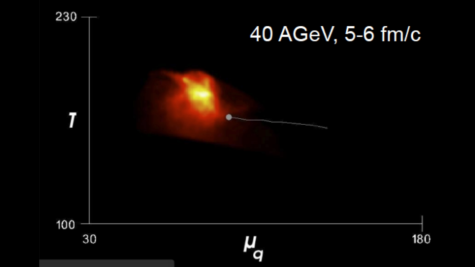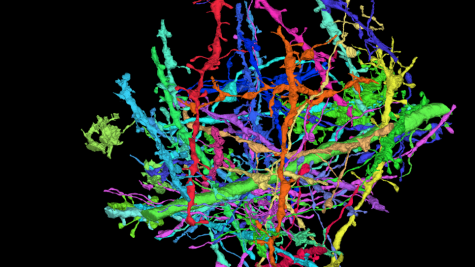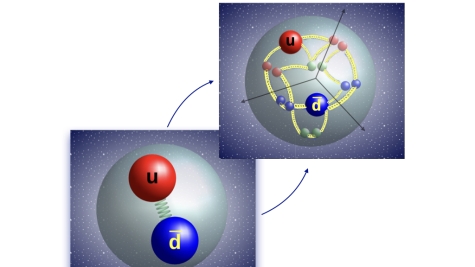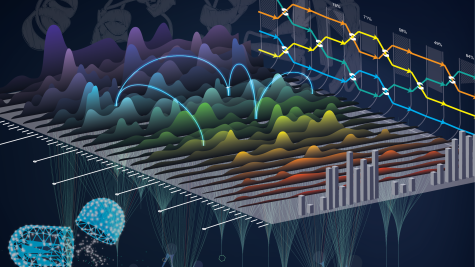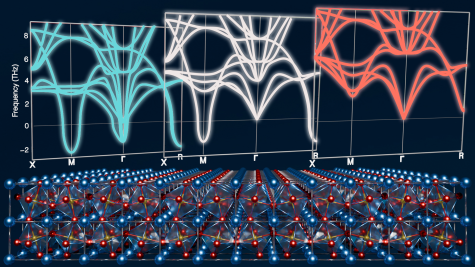ALCF projects cover many scientific disciplines, ranging from biology and physics to materials science and energy technologies. Filter ongoing and past projects by allocation program, scientific domain, and year.
Development of AI-powered Application for Advanced Nuclear Reactor Design
This project is creating an easy-to-use AI app that taps advanced simulations to quickly test and improve designs for safer, more efficient molten-salt nuclear reactors—reducing time, cost, and expertise needed and helping speed progress toward cleaner energy.
Turbulence Database for Fusion Energy Science
Using powerful supercomputers, researchers will run detailed simulations to map how and when turbulence starts and flows inside fusion plasmas—improving the models engineers use to design next-generation fusion pilot plants and speeding progress toward practical fusion energy.
Hadronic Contributions to the Muon g-2 from Lattice QCD
The muon is a short-lived cousin of the electron that’s about 200 times heavier, and a landmark Fermilab experiment has measured its tiny “magnet strength” with extreme precision; to check whether our best physics theory still holds up, scientists now need equally precise calculations of how the muon’s interaction with the strong force affects that magnetism, using powerful supercomputer simulations.
High-Precision Heterogeneous Catalysis by Quantum Monte Carlo
This project aims to advance the accuracy and reliability of computer-based predictions for catalytic processes, which are vital for developing efficient and sustainable energy technologies. Leveraging state- of-the-art quantum Monte Carlo (QMC) methods and powerful supercomputing resources, the team will produce highly precise datasets to improve understanding and modeling of catalytic reactions, particularly where existing computational methods often fall short, or when the experiments are non-existent.
Exascale Simulation and Deep Learning Model for Energetic Particles in Burning Plasmas
This project will develop the challenging capability for prediction and real-time control of energetic particle (EP) confinement in burning plasmas by combining the state-of-the-art exascale first-principles GTC simulation and the prominent experimentally validated AI/Deep Learning FRNN software
